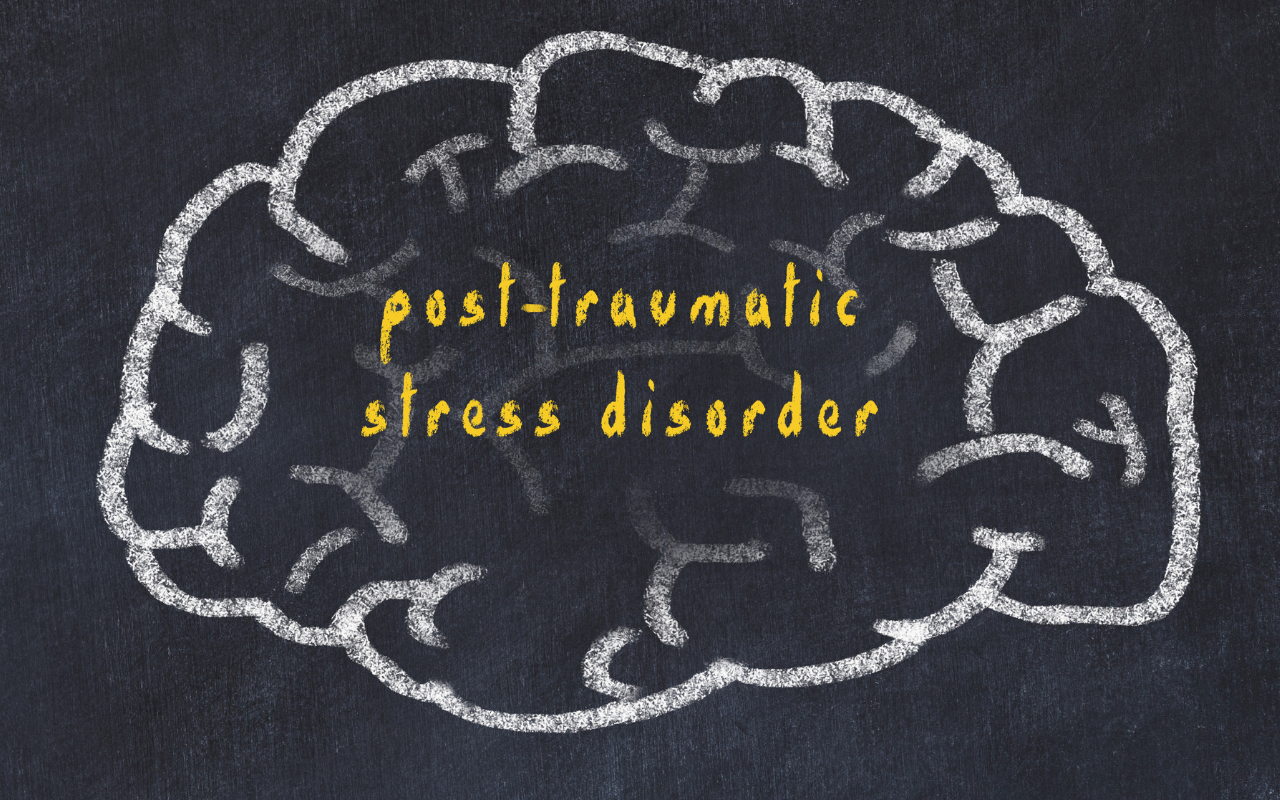Workplace Post-Traumatic Stress Disorder: An Overview
Workplace post traumatic stress disorder has its origin in stressful or frightening situations at work. Post traumatic stress disorder (PTSD) is a mental illness that requires to be taken seriously. Such situations are so overwhelming for the employee that he or she feels powerless to cope with it. Usually workers suffer PTSD after an accident at workplace resulting in serious injury or incidents involving death of co-workers. Lately, more cases of workplace PTSD are taking place on account of toxic workplaces and abusive bosses. According to Dr Paul White, a psychologist working on workplace relationships, trauma on account of toxic workplaces is significant and over time it builds up as multiple events keep getting added up. Emotionally abusive work environment where bad bosses berate workers, threaten and abuse them and withhold information over a long period of time, can lead to PTSD or PTSD-like symptoms according to Dr L Michael Tompkins, a clinical psychologist with expertise in PTSD.
Symptoms of Workplace PTSD
Symptoms that indicate workplace PTSD are depression, anxiety, social isolation, lack of pleasure, sleep disorders, flashbacks and nightmares just like any other trauma. Effects of PTSD on employees on their daily life are many. Employees battling it, are sad, frazzled and have very little self worth. People working in certain professions such as the armed forces, firefighters, paramedics, doctors and jail officials are at a higher risk of developing PTSD for sure. But in today’s workplaces white collar PTSD is becoming common too. Workplaces need to invest in training both the management and employees to detect symptoms and to seek and offer support to people who suffer from PTSD.
Related Reads
Consequences of Ignoring Workplace PTSD
Ignoring the reality of workplace PTSD can cost workplaces dearly in terms of loss of man hours and productivity and job losses. Employees suffering PTSD tend to leave such workplaces and that in itself creates a big HR issue.
The Lingering Effects of PTSD
Effects of PTSD linger in employees once they leave their toxic workplaces. These employees when they go to a new workplace, carry the burden of their previous toxic experiences.
The Importance of Letting Go: A Strategy for Healing
An effective way to neutralize this is to adopt the concept of ‘letting go’. Andrew Taylor of Ultimate Software describes his company’s effective strategy to help new hires ‘let go’ of their negative experiences from previous jobs. During the orientation, new hirees are asked to write down their negative, toxic and traumatic work experiences from previous jobs that they are holding on to. Once they do that, they are asked to tear, crumble and destroy the paper on which these are written and put them in the dustbin. This symbolic gesture of getting rid of the past toxic experience worked well according to Andrew Taylor. This orientation ritual made him realize more than anything else, the wonderful employee friendly culture of Ultimate Software.
Conclusion: Creating a Space for New Experiences
It is important to let go of previous negative experiences. Only then will we be able to create a space for the new and positive experiences and move forward.
References:
- An employee perspective: the work changing magic of letting go. July 19, 2019. Andrew Taylor
- When your workplace gives you PTSD. July 13, 2016. Carrie Anton






